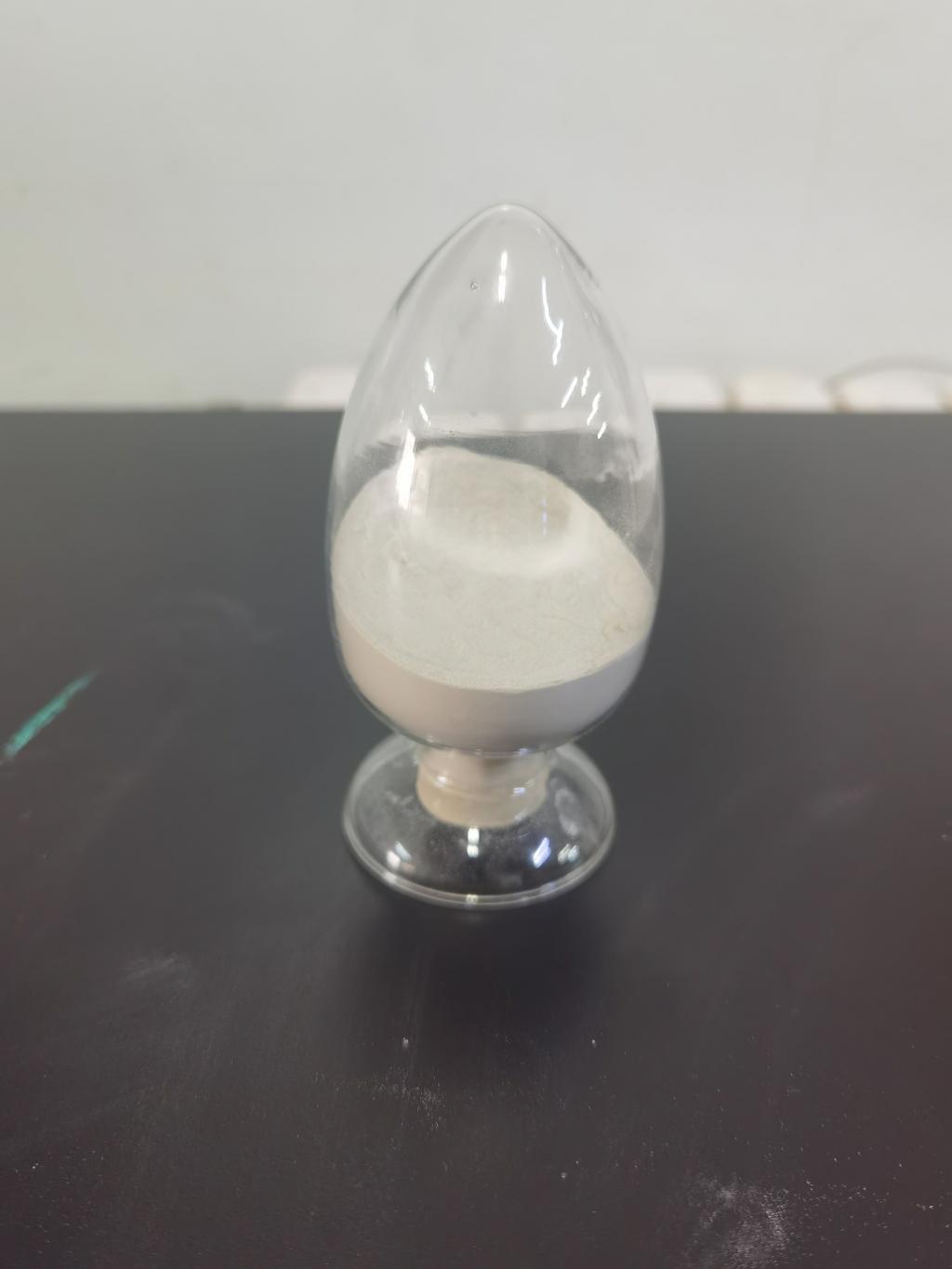Tel:+8618231198596

News
 CONTACT
CONTACT
 CONTACT
CONTACT
- Linkman:Linda Yao
- Tel: +8618231198596
- Email:linda.yao@dcpharma.cn
- Linkman:CHARLES.WANG
- Department:Overseas
- Tel: 0086 0311-85537378 0086 0311-85539701
News
Current Position:
Home >
News
>Nisin's potential in reducing the use of chemical sanitizers in the food industry.
Nisin's potential in reducing the use of chemical sanitizers in the food industry.
TIME:2023-08-23
Introduction:
The food industry's quest for enhanced food safety is intertwined with the use of chemical sanitizers to control microbial contamination. Yet, the adverse effects of chemical residues and the emergence of antimicrobial resistance necessitate a shift towards safer and sustainable alternatives. Nisin's emergence as a natural antimicrobial agent offers a potential solution to reduce the reliance on chemical sanitizers while maintaining high standards of food safety.
Mechanisms of Nisin's Antimicrobial Action:
Nisin's antimicrobial activity centers on its ability to disrupt bacterial cell membranes, leading to the leakage of intracellular contents and cell death. Unlike many chemical sanitizers, nisin's targeted action is less likely to engender microbial resistance, making it a valuable asset in the fight against pathogens.
Applications in Food Industry:
Nisin holds potential for various applications in the food industry:
Surface Sanitization: Nisin can be used to sanitize surfaces and equipment in food processing facilities, reducing the need for chemical disinfectants.
Food Contact Surfaces: Incorporating nisin into packaging materials can create antimicrobial barriers, safeguarding food from contamination during transportation and storage.
Fresh Produce: Nisin can be applied to fresh produce to prevent microbial growth and enhance shelf life without compromising nutritional quality.
Processed Foods: Nisin's presence in processed foods can mitigate the risk of spoilage and pathogenic microorganisms, minimizing the need for excessive preservatives.
Benefits of Nisin as an Alternative:
Nisin's potential benefits as an alternative to chemical sanitizers are multifaceted:
Natural Origin: Nisin is derived from a natural source (Lactococcus lactis), aligning with consumer demand for cleaner and more natural food products.
Microbial Diversity: Unlike some chemical agents that may target specific pathogens, nisin exhibits a broad spectrum of activity against various bacteria, fungi, and spores.
Reduced Residues: Nisin's natural origin contributes to the reduction of chemical residues in food products, alleviating consumer concerns.
Environmental Impact: Nisin's biodegradability and reduced environmental impact make it an environmentally friendly alternative.
Challenges and Considerations:
While nisin offers considerable promise, its implementation in the food industry is not without challenges:
Regulatory Approval: Regulatory agencies' approval for nisin as a food additive varies globally, necessitating harmonization of regulations.
Cost and Availability: Production costs and availability may influence its adoption, requiring innovation in production methods.
Sensory Effects: Nisin's potential impact on sensory attributes requires careful consideration to ensure consumer acceptability.
Microbial Variability: Some microbial strains might exhibit varying susceptibility to nisin, necessitating tailored applications.
Implications for a Sustainable Food Industry:
The integration of nisin in food safety protocols aligns with the food industry's push towards sustainability:
Reduced Chemical Footprint: Nisin's potential to replace or complement chemical sanitizers reduces the environmental impact associated with chemical usage.
Preservation of Resources: Lower reliance on chemical agents conserves resources and contributes to a more sustainable production process.
Enhanced Consumer Confidence: Adopting nisin can enhance consumer trust by addressing concerns about chemical residues and their potential health effects.
Future Directions and Conclusion:
Nisin's potential in reducing the use of chemical sanitizers signifies a progressive step towards a safer, more sustainable food industry. Further research is necessary to address challenges and optimize its applications. As the food industry strives to balance food safety with environmental responsibility, nisin stands as a testament to innovation that aligns with consumer expectations for healthier, more natural, and planet-friendly food products. Its potential to revolutionize food safety practices speaks to a future where technology, tradition, and sustainability converge to shape a safer and more responsible food landscape.
- Tel:+8618231198596
- Whatsapp:18231198596
- Chat With Skype







